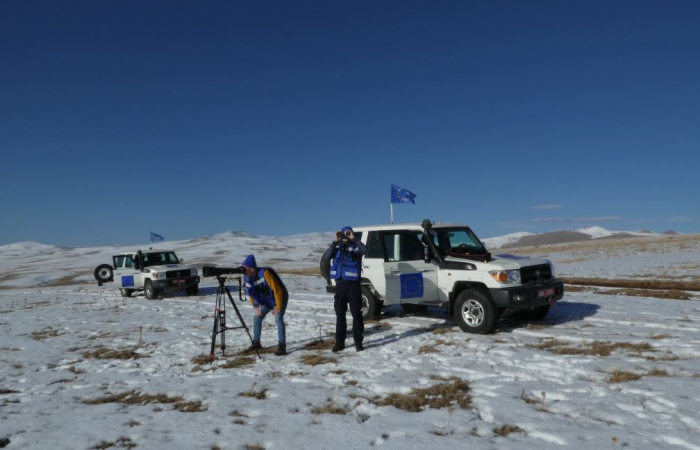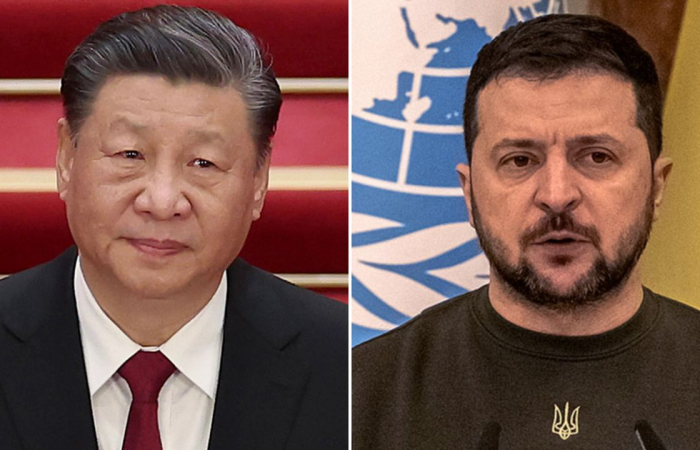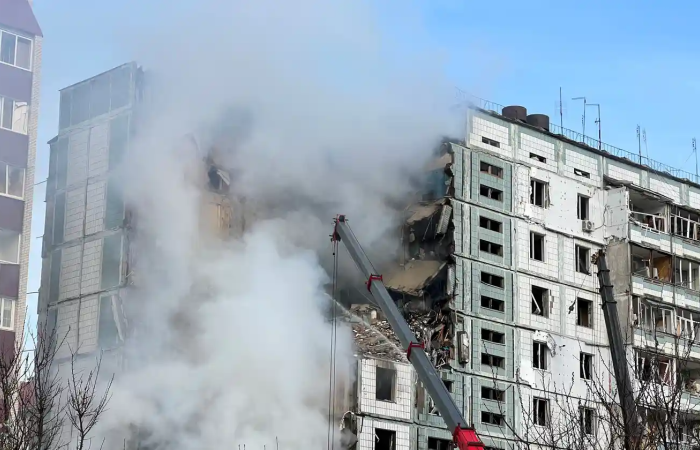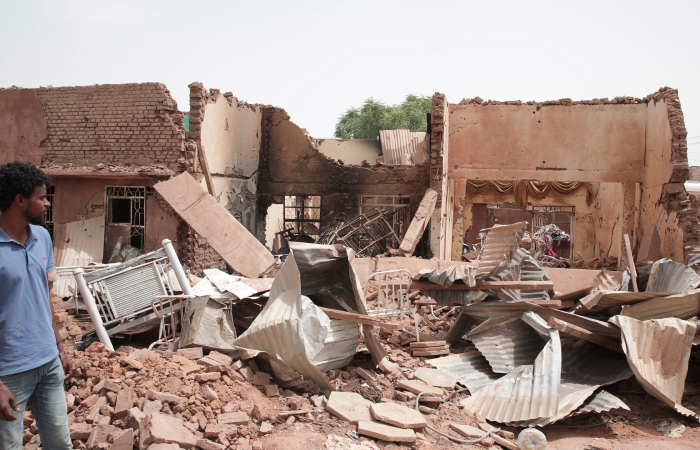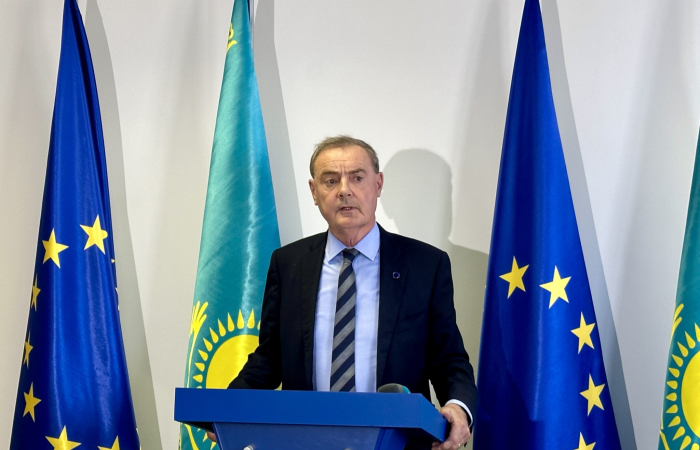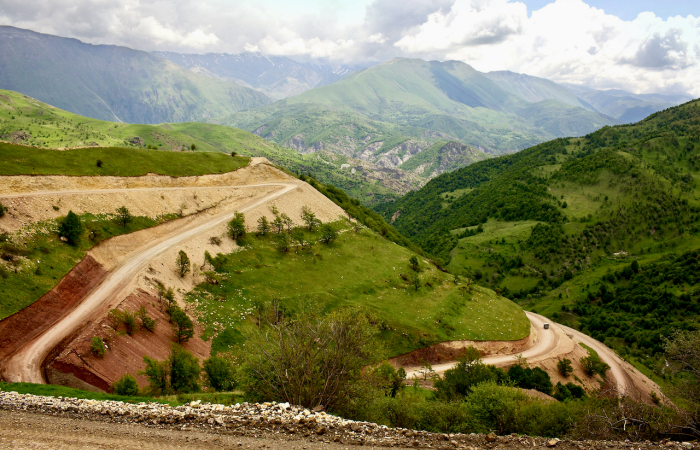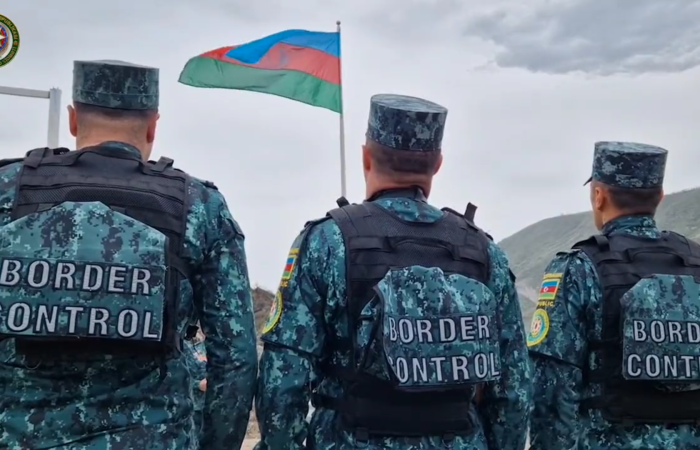Trending
Opinion: The Armenian government needs to communicate better to the public what the EUMA is about
29 April 2023
Efficient strategic communication has become necessary in the South Caucasus as the governments of the region and outside regional and global powers vie for influence in the current highly complex geo-political realities. In this op-ed for commonspace.eu Benyamin Poghosyan argues that one for the priorities for the Armenian government is to explain clearly to public opinion what the recently deployed EU Monitoring Mission is and is not about. Otherwise the same disappointment that emerged towards Russia earlier will surely appear as regards the European Union also.



